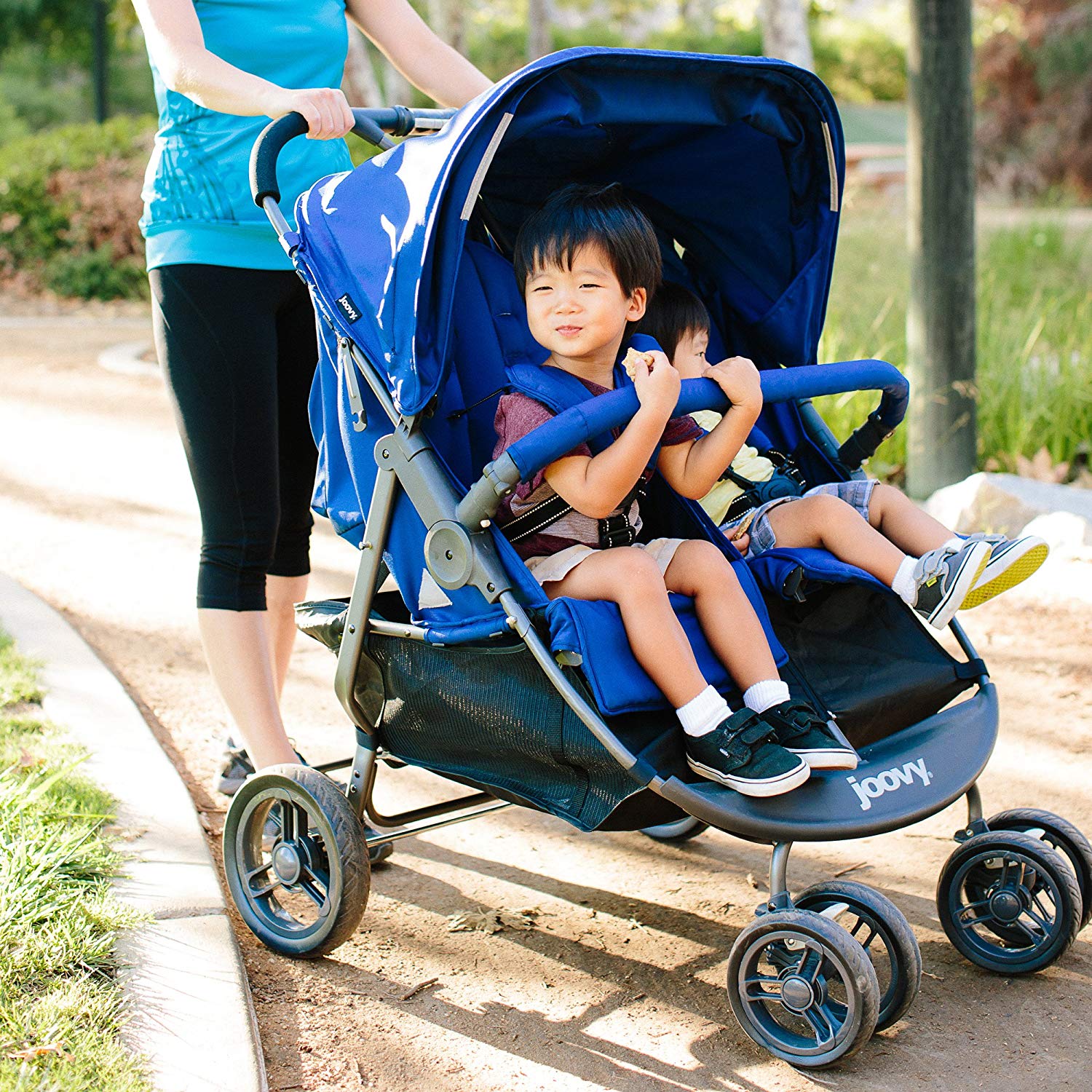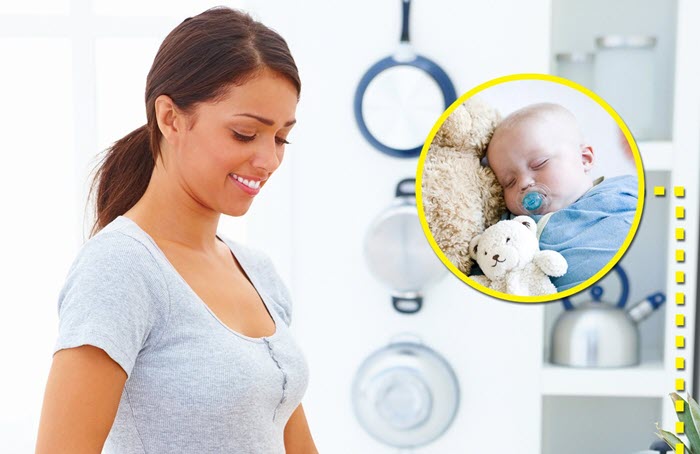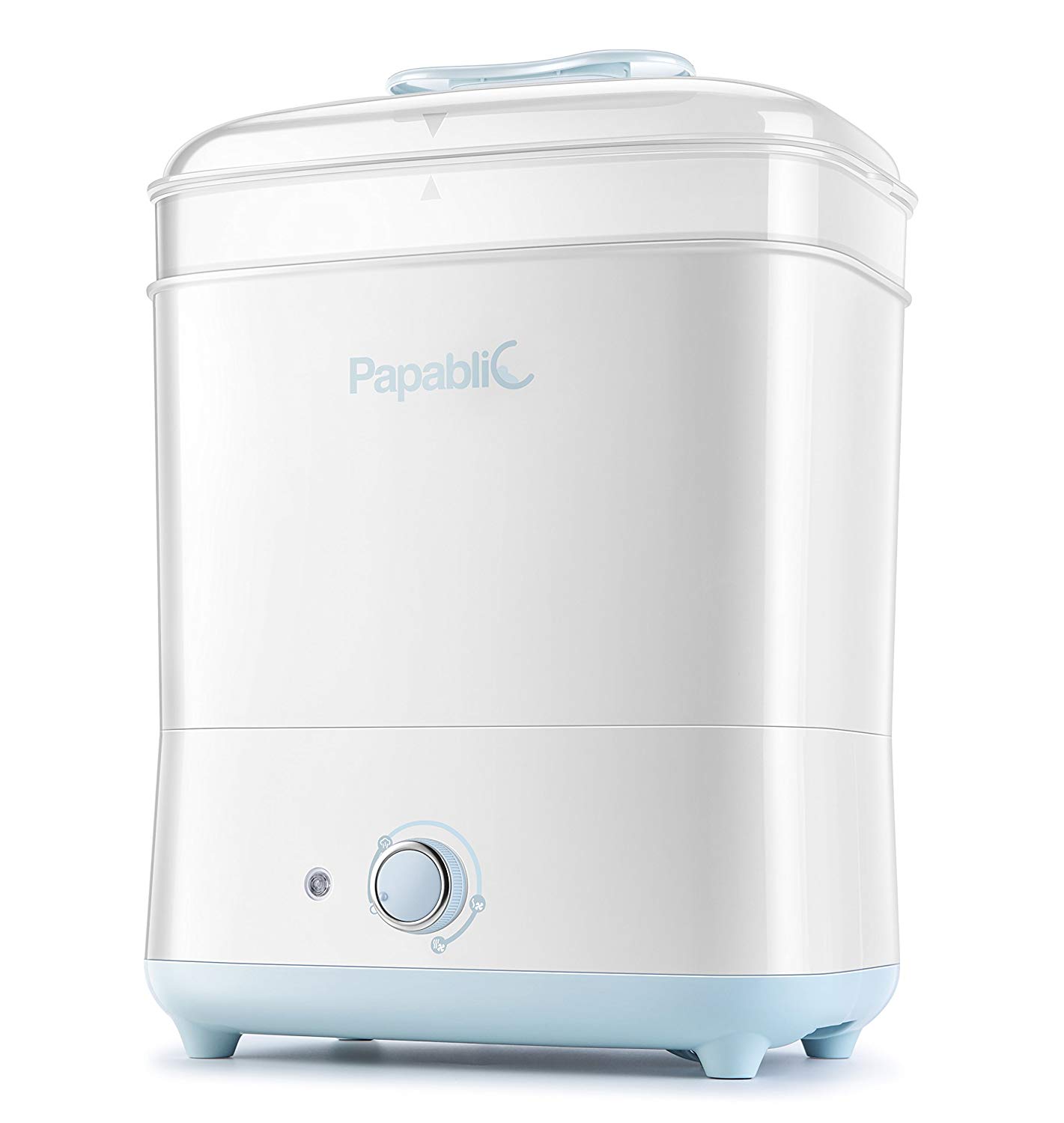

Congratulations! You have now made it to week 38 of pregnancy! At this stage, you are in the homestretch and are so close to meeting your little one. Your baby has been growing for eight months and two weeks now. But because of pregnancy aches and pains like morning sickness and heartburn, it might feel like you have been pregnant for a lot longer. From your baby’s development to your symptoms to treatments, we have got you covered as far as what you need to know about your little one at week 38 of pregnancy. Let’s go over all you need to know this week as you prep for meeting your sweet little guy or girl.
Your Baby’s Development
This week, your baby is about the size of a watermelon. Not only is your little one big enough to cuddle with now, but he or she is starting to gain a little weight. If your baby would be born during week 38 of pregnancy, you can expect him or her to be roughly 6.8 pounds.
As far as coming out into the world, your baby is fully developed and taking care of some last minute preparations before he makes his big debut. If his genetic code has endowed him with a lot of hair, then you can expect up to an inch or so of hair on his cute little head. While not many babies are born with a full head of hair, you can expect your little one to come out with a little fuzz ball on top.
Finally, the protective white coating that covers your little baby’s skin and keeps it protected from the amniotic fluid (the vernix caseosa) has pretty much wholly been shed. But, when your little one arrives, you can still expect to see a little vernix spread throughout his body. No worries though, the vernix does not harm your baby. In fact, your doctor might want to keep it on his skin a little longer before completely wiping it away.
Weekly Checkups
At 38 weeks of pregnancy, you should be seeing your doctor or midwife once every week. Your doctor or midwife will check for routine things such as your weight gain, the growth of the baby, and what your position your baby is currently in. The position that your child is in is incredibly important for delivery. The best position for your little one to be born in is the cephalic presentation or head down. Although it is ideal for your baby to be facing your spine, your baby could be facing any direction. A baby that has his head down and his spine to your spine (occiput-posterior) will cause a difficult labor. You can expect to have more back labor aches and pains as the back of your baby’s head will create extra pressure on your back.
Your doctor or midwife will be able to tell you the presentation of your baby at week 38 of pregnancy. If your baby is not in the proper birthing position, your doctor or midwife can help you remedy this. Some other tips that can help get your baby in position include:
- Getting on your hands and knees for roughly 10-15 minutes twice a day.
- Tilting your pelvis forward whenever you are sitting.
- Swapping out your couch, or office chair for a yoga ball and tilting forward when you are sitting on it..
- Walking around and trying to stay as active as possible.
Along with these tips, Spinning Babies is a great tool that offers many more to help you determine what position your baby is as well as how to get him in the proper one.

Mom's Development
At week 38 of pregnancy, you are sure to have felt all the aches and pains that come with pregnancy by now. In your week 38 of pregnancy, however, these pains and aches are more than likely to be magnified. Here are some of the symptoms that come along with week 38 of pregnancy. Take note of which ones you should pay close attention to, and which ones are regular aches and pains that will come and go.
1. Braxton Hicks contractions
Week 38 of pregnancy will bring along with it practice contractions known as Braxton Hicks. Braxton Hicks take their name from the doctor who first discovered them. After several of his patients continued to express painful contractions in their second and last trimester’s, Dr. John Braxton Hicks realized that these or practice contractions where what helped a pregnancy continue to its final stages.
You may have already started experiencing your Braxton Hicks contractions in your second trimester of pregnancy. However, in week 38 of pregnancy, these contractions are only going to get stronger and more amplified. The main concern about Braxton Hicks is being able to tell when they are false contractions and when they are the real deal. Braxton Hicks contractions differ from the real deal in the following ways:
- They are irregular in duration.
- Some contractions are more painful than others, but Braxton Hicks contractions do not increase in pain.
- They are irregular in the amount of time they last.
- The contractions do not lead to dilation of your cervix.
When your real contractions come, you will know from this telltale signs:
- Real contractions occur at a more regular duration.
- Your contractions come closer together over time.
- Each contraction is more painful and longer than the last.
- Your contractions lead to cervical dilation, your mucus plug falling out, or even your water breaking.
If you feel that you are experiencing real contractions, then you need to start timing them. Look for a consistent duration of time passing between each contraction. Not only that, but keep an eye out for whether or not your contractions are getting closer together. Once your contractions become five minutes apart, you should call your doctor or midwife immediately.

2. Mucus Plug
Another symptom you may be experiencing at week 30 of pregnancy is the loss of your mucus plug (otherwise known as the bloody show). The time and manner in which you lose your mucus plug vary from person to person. Some pregnant women may lose their plug all at once, while some will slowly lose it as it breaks apart into bits and pieces. Your mucus plug will look like a glob of vaginal discharge that is usually clear, yellow, or even slightly tinged with pink or brown.
The texture of your mucus plug will typically be stringy, mucusy, and even sticky. If your mucus plug ever contains any bright red blood, or there is a more than normal flow of discharge, you should call your doctor or midwife immediately. It’s not uncommon for a mucus plug to contain some blood, but it’s best to refer to a physician regardless. Losing your mucus plug is one of the most apparent signs that you’re getting ready for the big day and that it is almost here.
3. Water Breaking
Although it may not be likely if you have not experienced losing your mucus plug or your contractions, your water may break at week 38 of pregnancy. If your water does break, then you need to get to your doctor or midwife immediately. Your water breaking is a true sign that you have started labor and that your baby is on the way. Once your water breaks, it is ideal for your baby to be born within the next 24 hours. If your baby stays in place longer than it should be after your water breaks, this can cause serious complications for your little one because here she is no longer protected in the sterile environment of the amniotic fluid.
4. Itchy Belly
If you are a first-time mom, this might sound a little strange to you. Week 38 of pregnancy will bring with it a frustratingly itchy belly (If you have not already experienced it in early weeks) Although the urge to scratch is there, try your hardest not to do so. Scratching your pregnant belly could lead to damaging your skin that could ultimately increase your chance of getting the forever feared stretch marks.
While you cannot completely eliminate the itching, you can do things to make it a little less bothersome. Keep a good moisturizer or stretch mark cream like the the Burt's Bees Baby Belly Cream at hand and apply it regularly (about twice a day). This will help keep your skin hydrated and moisturized throughout your week 38 of pregnancy.
5. Heartburn
You don’t have to wait until week 38 of pregnancy to experience this annoying third trimester pregnancy pain. To ease some of the heartburn brought on by pregnancy, there are some things that you should try to stay away from. For example, continue to eat bland meals that will not irritate your stomach. Along with this, be sure to avoid eating spicy foods as well as fried foods as they can upset your stomach and cause heartburn.
As with the rest of your pregnancy, continue breaking up your three-course meals into six smaller meals throughout the day. The smaller portions will help give your stomach time to digest your food so that there is no backup up happening in your digestive area.
6. Sore feet and Edema
If you have experienced sore feet or edema earlier in your pregnancy, chances are the symptoms are only getting worse. Take it easy on yourself and continue to relax and keep your feet up as much as you can. If you are suffering from Edema, then avoid wearing tight fitting socks, stockings, or pants in order to give your legs the opportunity to properly circulate fluids.

Final Touches
If you haven’t already, be sure to pack your hospital bag. You will want to do it now if you haven't already because your baby’s arrival can be unexpected. Less than 5% of babies arrive on the due date. Since the odds are against you, it is better to be safe than sorry. Some essentials that you will want to pack in your hospital bag include:
- A change of clothes for you, your spouse, and your newborn.
- Your toothbrush.
- A hairbrush.
- Your video camera if you plan on taking photos.
For a more detailed list, click here for some other great ideas of what to bring along in your hospital bag.
Have Your Birth Plan Ready
If you have not already done so, be sure to have your birth plan written out. Have a copy prepared for the hospital as well as the doctor or midwife that will be delivering your baby. If you are having a traditional birth at home or at a birthing center, go over your wants and needs with your provider as well as your spouse. Making your wishes clear now will help make your labor and delivery go that much smoother.
Final Thoughts
Week 38 of pregnancy is an exciting time because chances are, you are just anxiously waiting to meet your little one. Although it may be a bit difficult, try and enjoy these final moments of your pregnancy. Catch up on chores that will go neglected once your baby arrives (it’s ok, it happens to all of us). Finally, you can make your life a little easier by starting to cook food in batches and freezing them. This will be especially helpful when your baby arrives and you do not have time to cook. Enjoy week 38 of pregnancy because before you know it, it will be over!




















